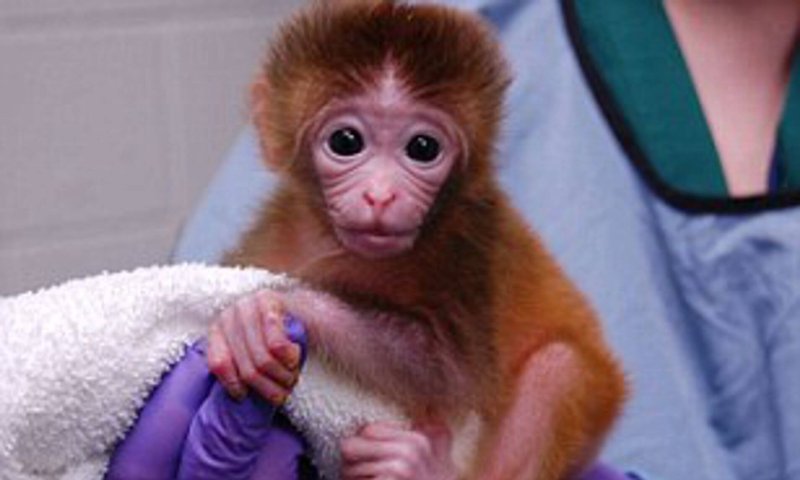[July 31], news broke that a prominent stem cell researcher is making human-monkey chimeras in a secretive lab in China.
…
If you’re feeling icked out, you’re not alone. The morality and ethics of growing human-animal hybrids are far from clear. But creepiness aside, scientists do have two reasons for wading into these uncomfortable waters.
One is xenotransplantation. [Researcher Juan Carlos] Izpisúa Belmonte, for example, hopes to grow fully-functional human organs inside animals, which could in theory make transplantable organ shortage a thing of the past. The other goal is to understand the genes that shape our brain in evolution and development—ones that bestow us with our extraordinary intelligence, and ones that screw up neural wiring in neuropsychiatric disorders when they go wrong.
…
Are you convinced? I don’t think I am. Obviously there’s no clear moral answer. What is clear, however, is that when it comes to human-animal chimeras, lines are being set, pushed, crossed, and crossed again.
For now, we’re nowhere technologically close to bringing hybrid embryos to term. Let’s just hope in the far future we don’t have another CRISPR baby scandal—only this time, the babies aren’t entirely human.
Read full, original post: Wait, What? The First Human-Monkey Hybrid Embryo Was Just Created in China































